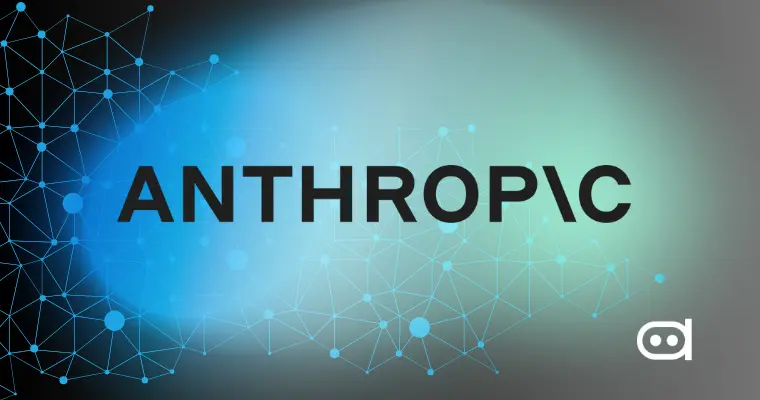
Paris –
The new report by Capgemini Research Institute “Developing Sustainable Gen AI” shines a light on the environmental impact of generative AI technology. When utilized in almost all sectors, this technology accrues huge computational demands and significantly magnifies GHG emissions that pose a challenge to sustainability goals.
The report clarified that almost 48% of executives acknowledged that the use of Gen AI has increased GHG emissions. It is expected that Gen AI-linked emissions will nearly double in the next two years to about 2.6% compared to 4.8% of the entire organizational carbon output. The report also mentioned that a majority of the time the issue of sustainability takes a backseat, with less than a fifth of executives ranking environmental benefits as part of their priorities in the selection.
The biggest challenge is monitoring and traceability. To date, only 12% of companies track their Gen AI, and three-fourths cite a lack of visibility from technology vendors as one of the reasons. As a result, enormous amounts of resources are being invested in these applications with little understanding about the potential to align these uses with the wider ESG objectives.
“If we want Gen AI to be a force for sustainable business value, there needs to be a market discussion around data collaboration, drawing up industry-wide standards around how we account for the environmental footprint of AI, so business leaders are equipped to make more informed, responsible business decisions, and mitigate these impacts,” said Cyril Garcia, Capgemini’s Head of Global Sustainability Services and Corporate Responsibility and Group Executive Board Member.
“AI has the potential to accelerate business objectives and sustainability initiatives. We are proposing here practical steps to follow for business leaders to fully harness technologies such as Gen AI and deliver a positive impact for organizations, society, and the planet. We are looking forward to this topic being explored in more depth at the AI Summit in February 2025.”
Capgemini concludes that there is a need for industry-wide cooperation and standardized approaches to measure and mitigate the environmental impact of Gen AI. Practical recommendations include applying smaller models, shifting to renewable energies, and understanding how much Gen AI may be energy-intensive. The report recommends incorporating sustainability across the AI lifecycle-from hardware and data center sources of energy to principles on ethical usage.
Interestingly, it also points to how Gen AI can be of service to the cause of sustainability. Use cases include optimizing material usage, circular product design, and streamlining reporting on ESG. One-third of executives surveyed already use Gen AI in some form of sustainability initiative, two-thirds predict a reduction of more than 10 percent in GHG emissions within five years due to AI-driven efficiencies.
According to Capgemini, exercising robust governance, cross-industry collaboration, and continuous monitoring are critical in unlocking the powers of Gen AI with a minimum toll on the environment. Against this backdrop, businesses gear up for the AI Summit in February 2025, and the report preps them on integration that will balance innovativeness and sustainability.
Latest Stories:
CES 2025: Samsung Redefines Smart Homes with AI-Powered Innovations
Texas Proposes AI Governance Act to Regulate High-Risk AI in Employment
Anthropic Secures ISO 42001 Certification for Responsible AI Governance






